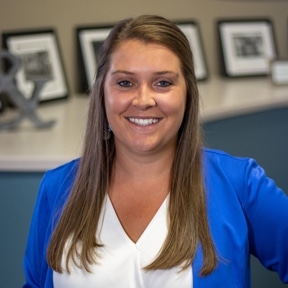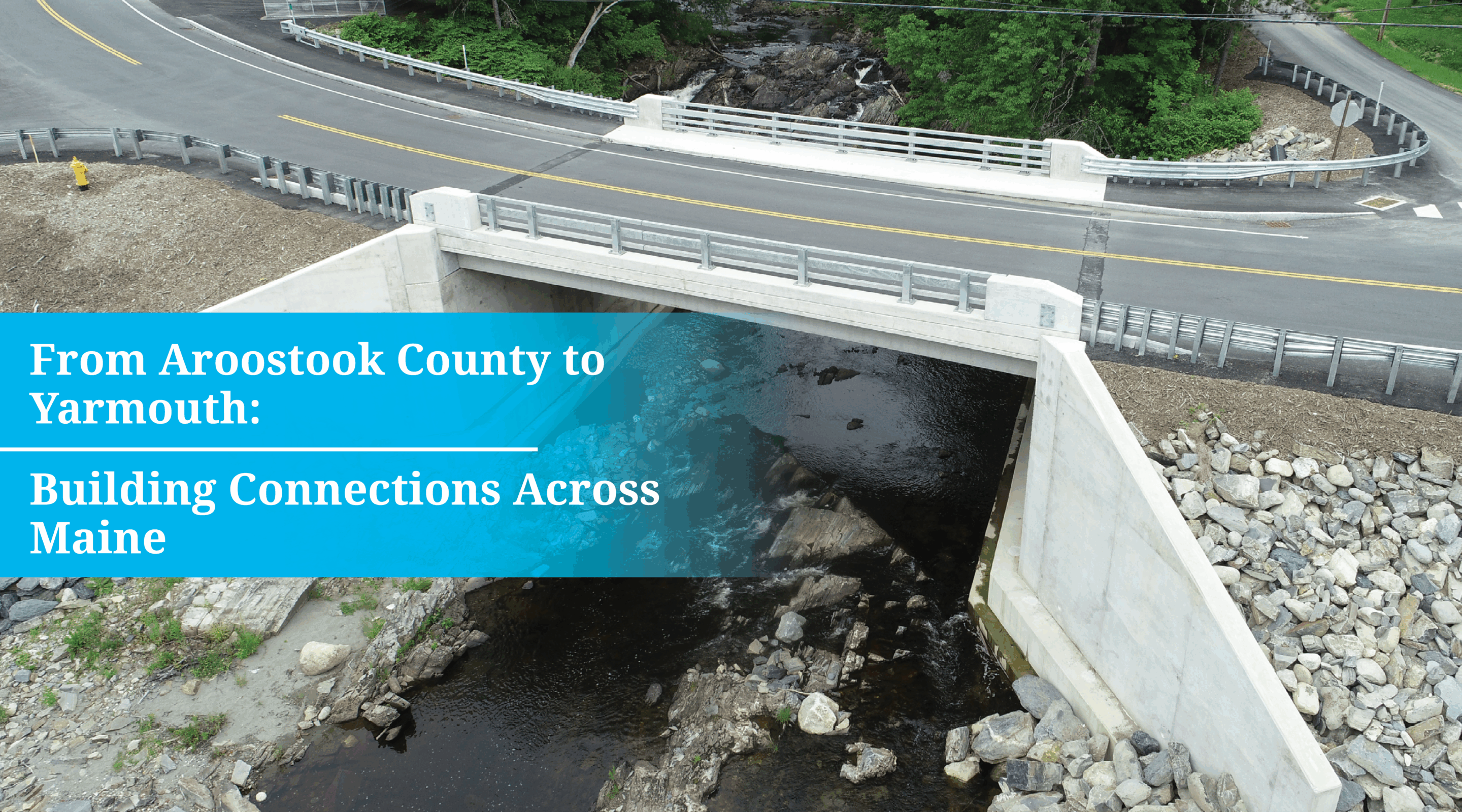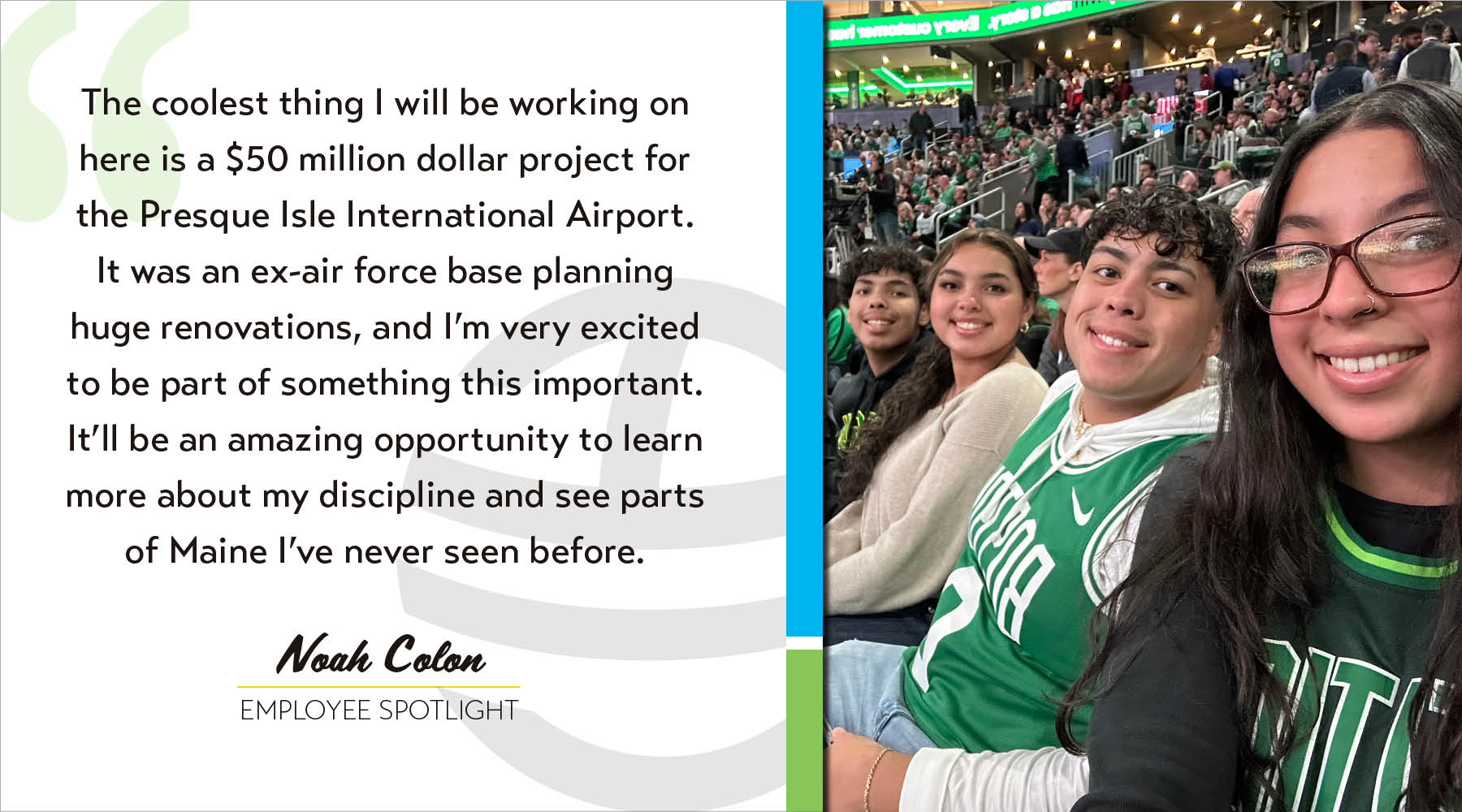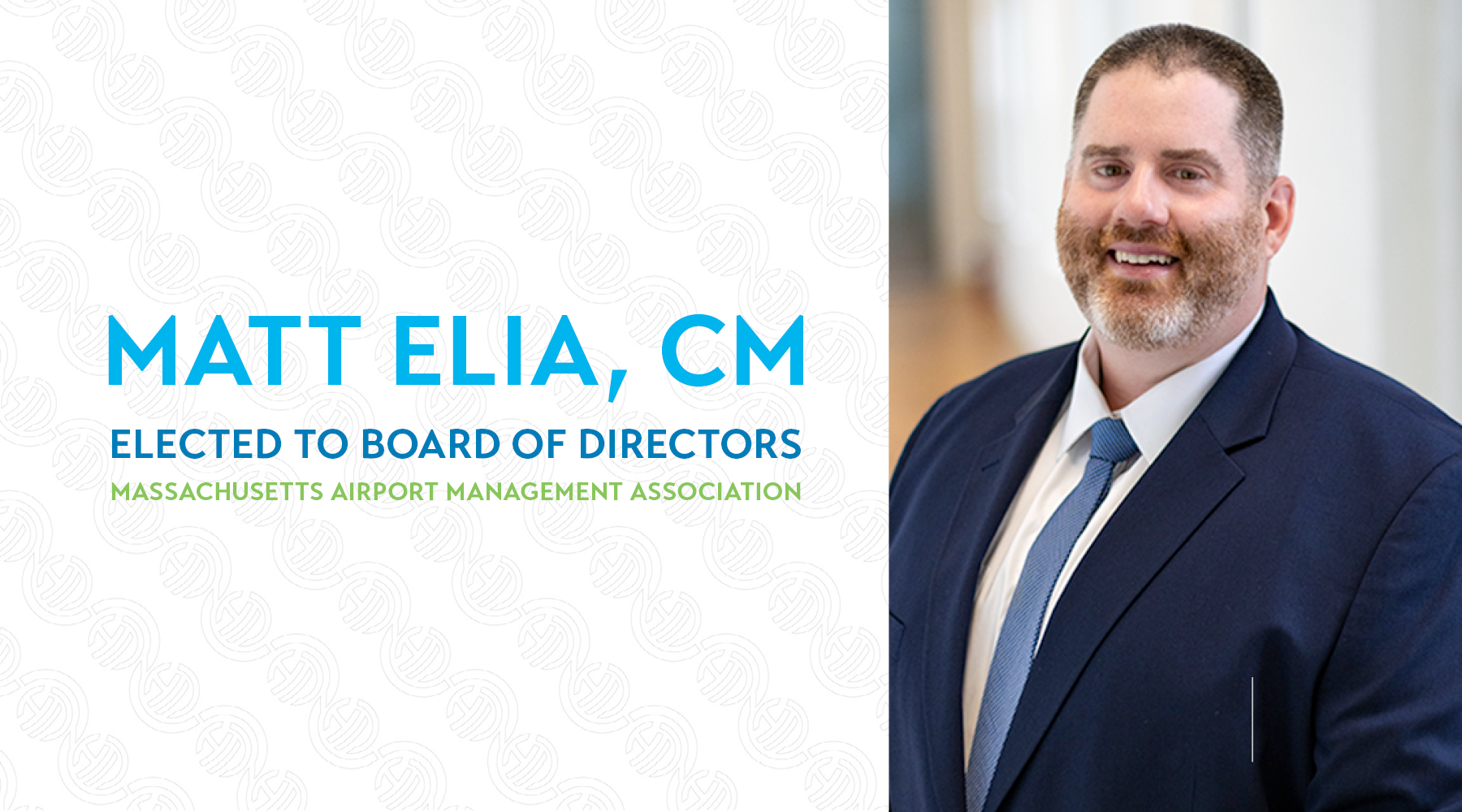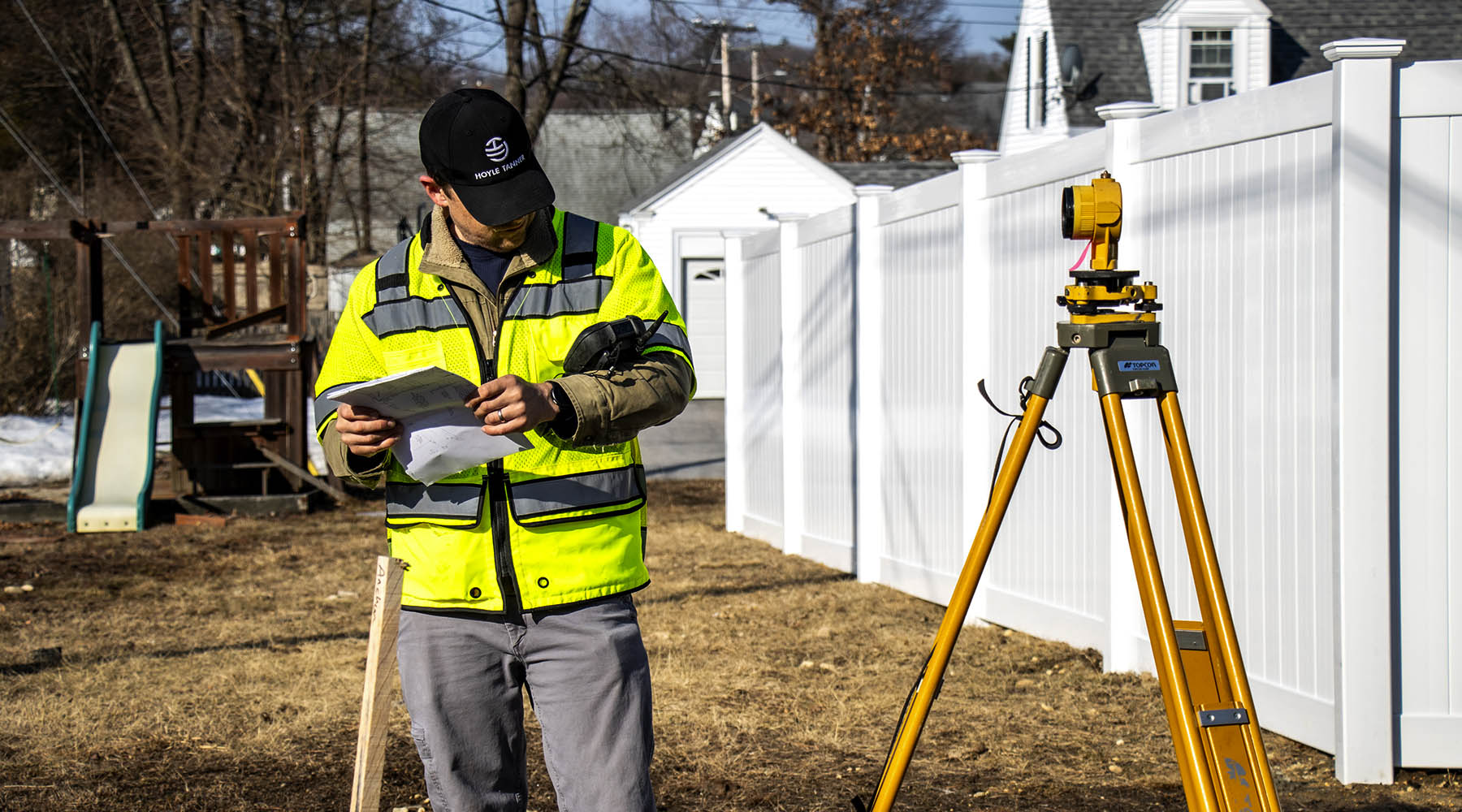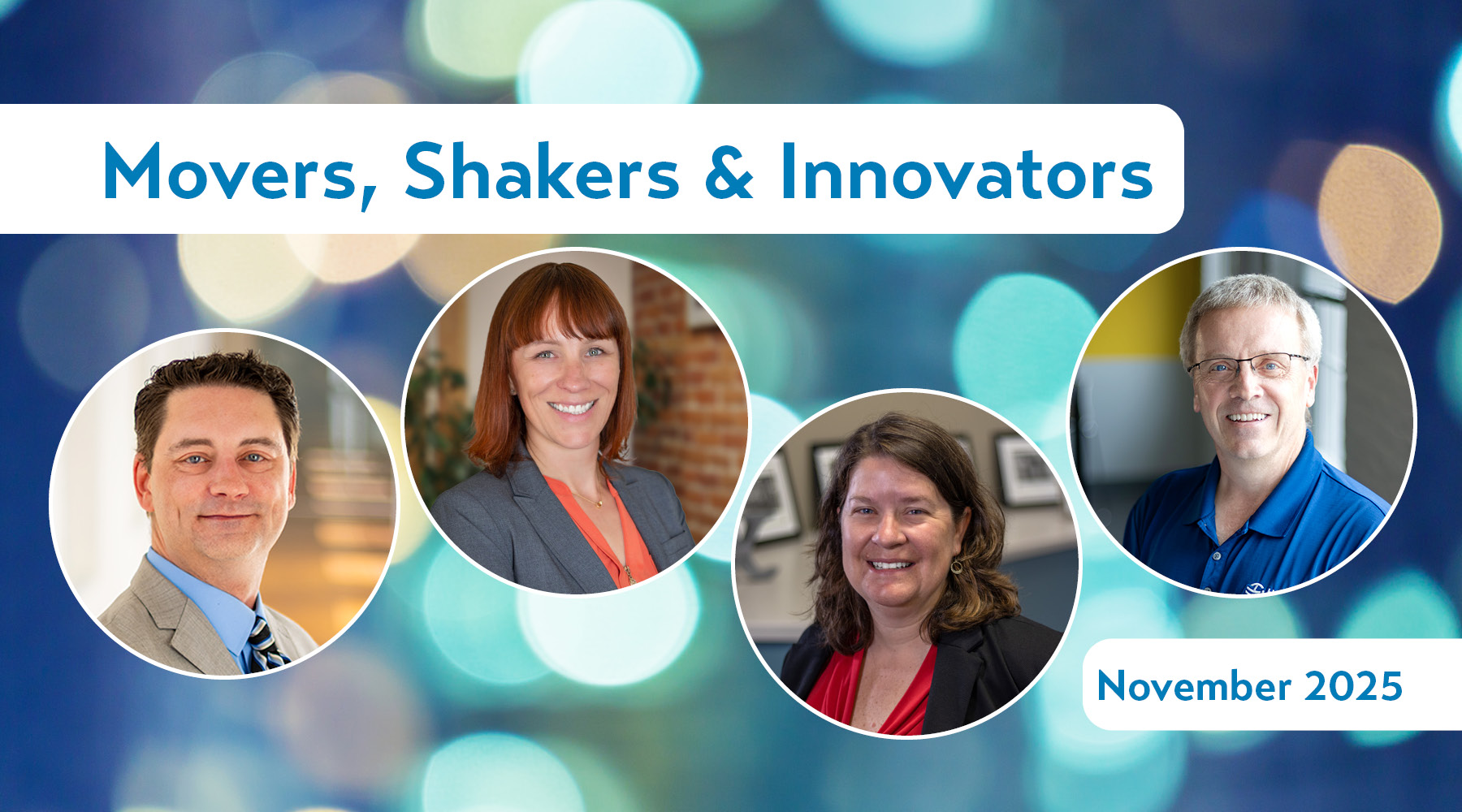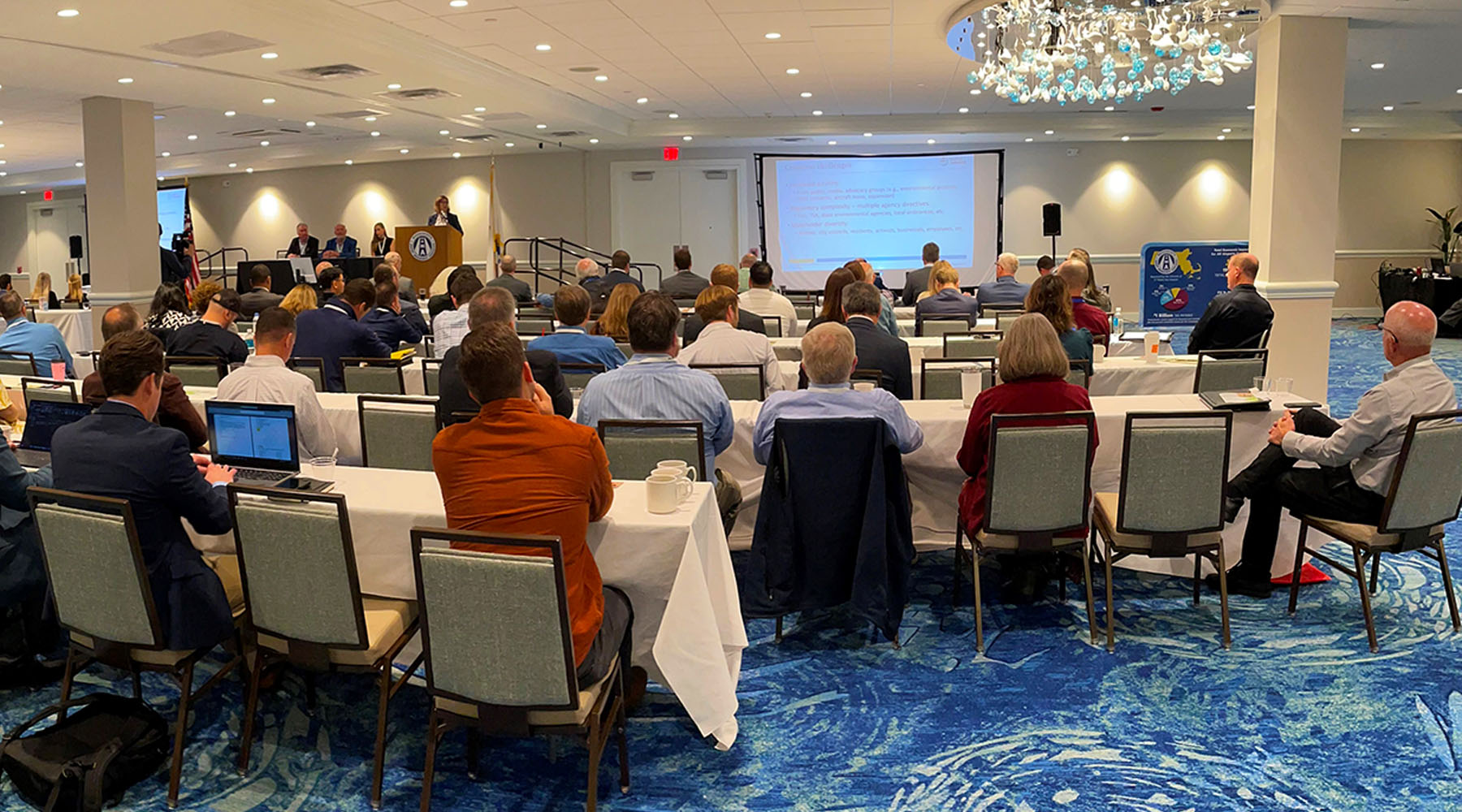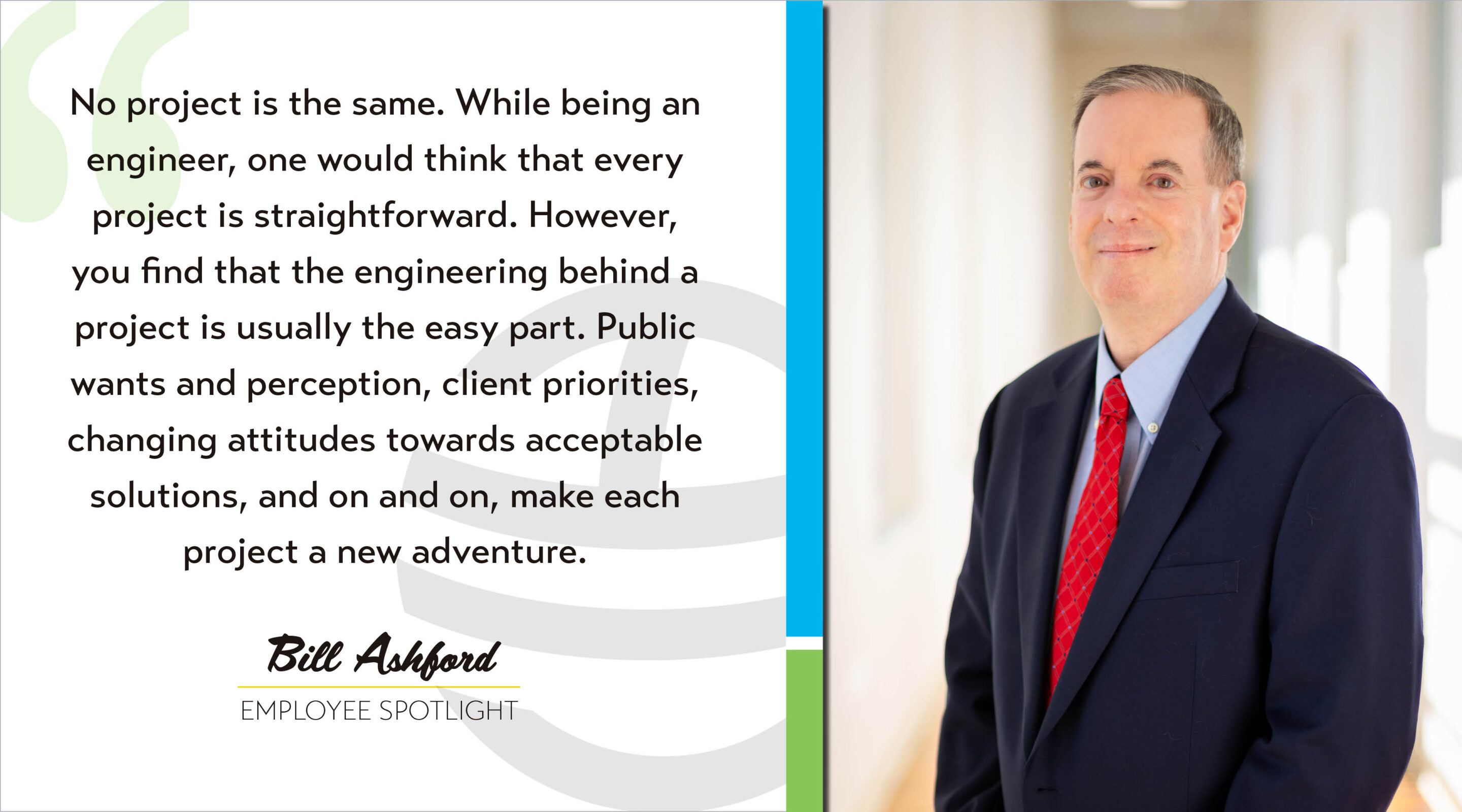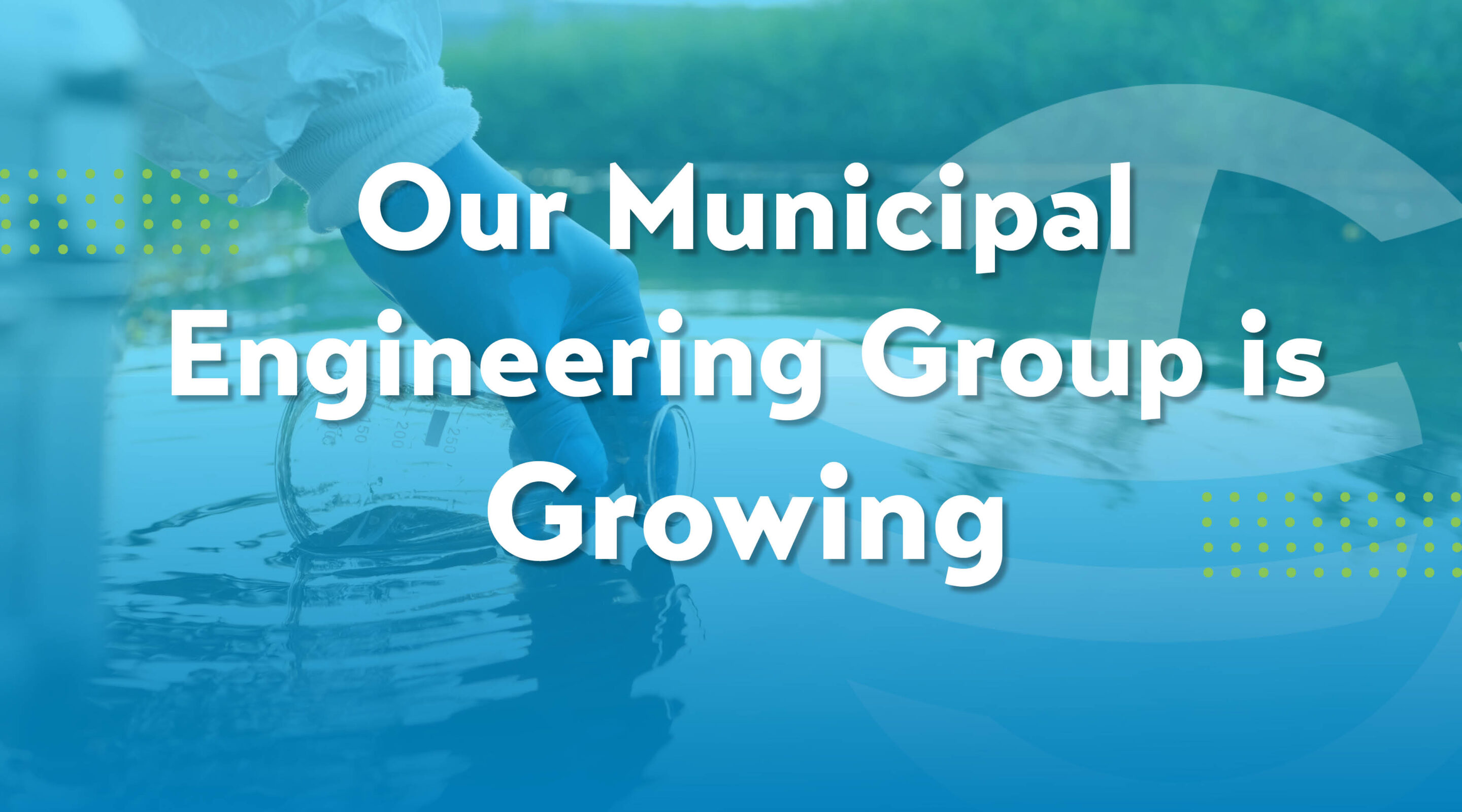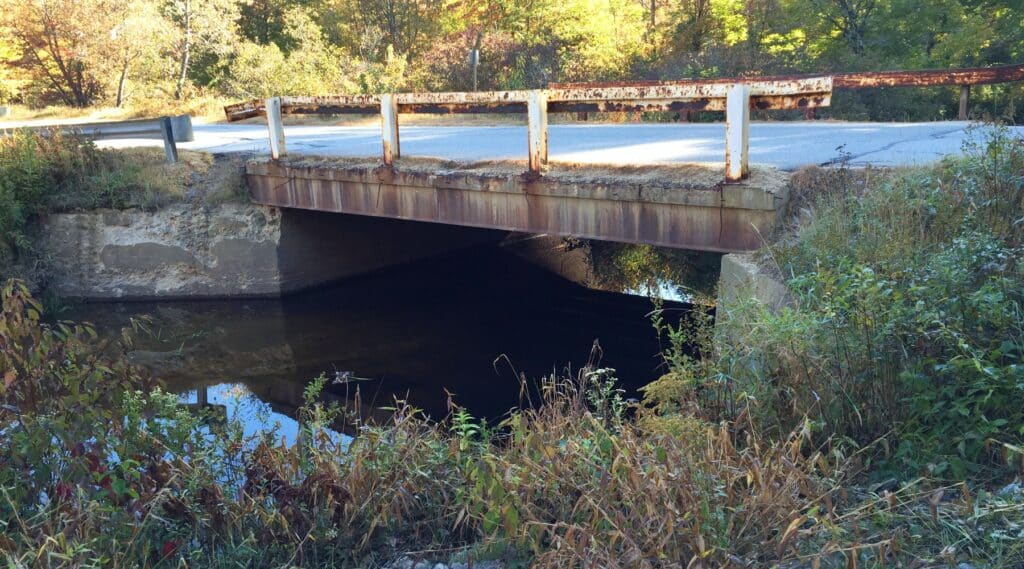
The Senior Capstone project for most engineering students is a chance to experiment and showcase all that they’ve learned in their undergraduate education. At the University of New Hampshire, it’s a year-long culminating experience where civil and environmental engineering students collaborate on a “real world” design project and present it before graduating. Sometimes, an engineering team will get mentored by current engineers, and at Hoyle Tanner, we have several professionals who are actively involved during this critical time! Senior Structural Engineer Kayla Hampe, PE and myself (a structural engineer) have been working with these students for the past few years. The experience has been extremely rewarding. Here are our takeaways from this year’s project, which involved the design of a replacement bridge – and associated roadway and site work – on Stage Road in Gilmanton, New Hampshire.
What are some of the benefits you think students get from working with licensed engineers on their capstone projects?
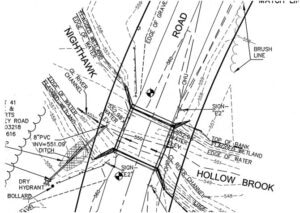
One of the most important things the students gain from this experience is seeing all aspects of a project come together. This can be aspects of the design and how they relate to one another, or it can be aspects of communication with a client and as a team. At the college level, students generally take a lot of the same courses, but at different times and during different academic years. Being able to put together everything they’ve learned in those classes and relating their knowledge of one subject to another is very valuable as they move forward into their career. Throughout this year’s senior capstone project, they were also exposed to industry design standards, codes, and software that they may have not otherwise seen in their courses. It is equally as valuable for students to improve their communication skills by learning to act and speak professionally to a client and as a team, which is how the UNH Senior Capstone Program is set up.
What are the benefits of “giving back” to the students and the academic institutions?
One major benefit of working with students in their senior year is that it gives industry professionals an idea of what students have knowledge of when they graduate. This can help us better prepare for the kinds of design work they have interest in, and what they may need additional mentoring on as they work through complex tasks and projects as they start their career. For the graduating students, they benefit from seeing what it takes to complete a project from start to finish, and what the industry expects of them. This allows them to get a feel for all the components of a project, make their own design decisions, and critically think about how to provide solutions to a client.

Can you think of any particular “light bulb” moments where something clicked with the student team on a particular aspect of the project?
Our team was tasked to design a replacement bridge and accompanying roadway reconstruction, as well as complete a hydraulic analysis of the brook below to accurately size the bridge. The first semester was filled with project scoping, scheduling, and coming up with ideas for the structure type. By the beginning of the second semester, we noticed that it started to “click” in the students’ minds how all the design elements related to one another. This propelled them forward to complete most of their design by the middle of the second semester. One other important “light bulb” moment by the team was realizing the importance of the number of beams and beam spacing of the bridge superstructure.
What have you learned by working with the students? Has it improved your mentoring skills?
What we’ve learned by working with students is that every student learns differently, and no two students have the same experience level when they start their career. This can mostly be attributed to internships and focused coursework, such as structural, transportation, hydraulics, and other fields of civil engineering. We found ourselves using multiple ways to explain a concept or an equation to the students. Some explanations could be conveyed simply in an email, while others involved in-depth conversations over a video call. Our mentoring skills improved over the course of the academic year, as having to answer questions, review codes and references, and explain concepts reinforced our own knowledge of the subject matter even further.
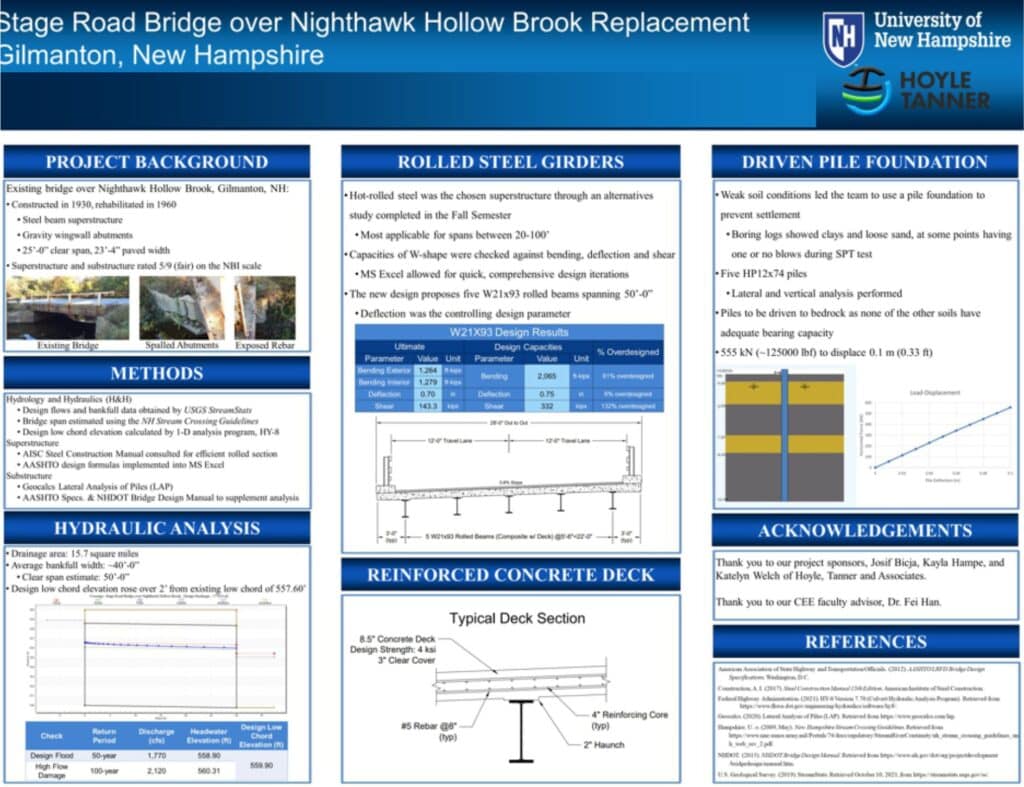
The senior capstone is an exciting – and also challenging – time in the educational life of an engineer, and we take pride in being able to coach students through this while they learn invaluable skills in their final year. Please don’t hesitate to reach out to me if you are a student looking for a mentor for your capstone project!

